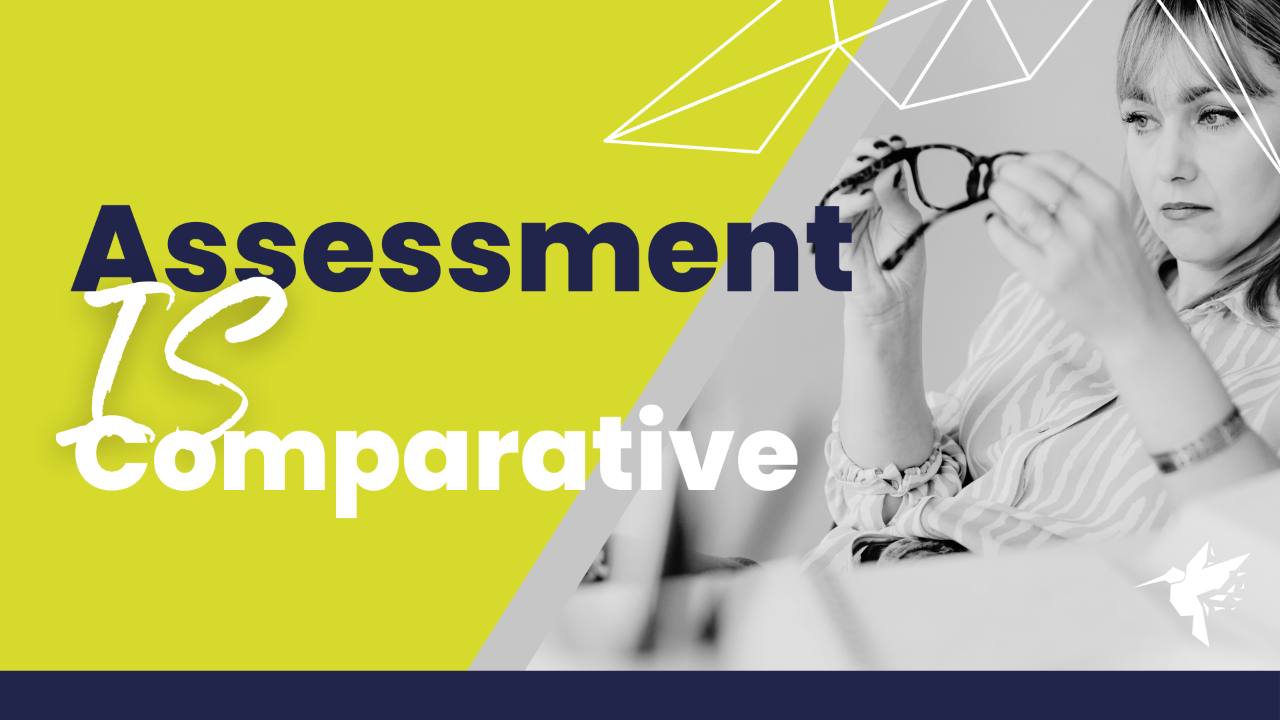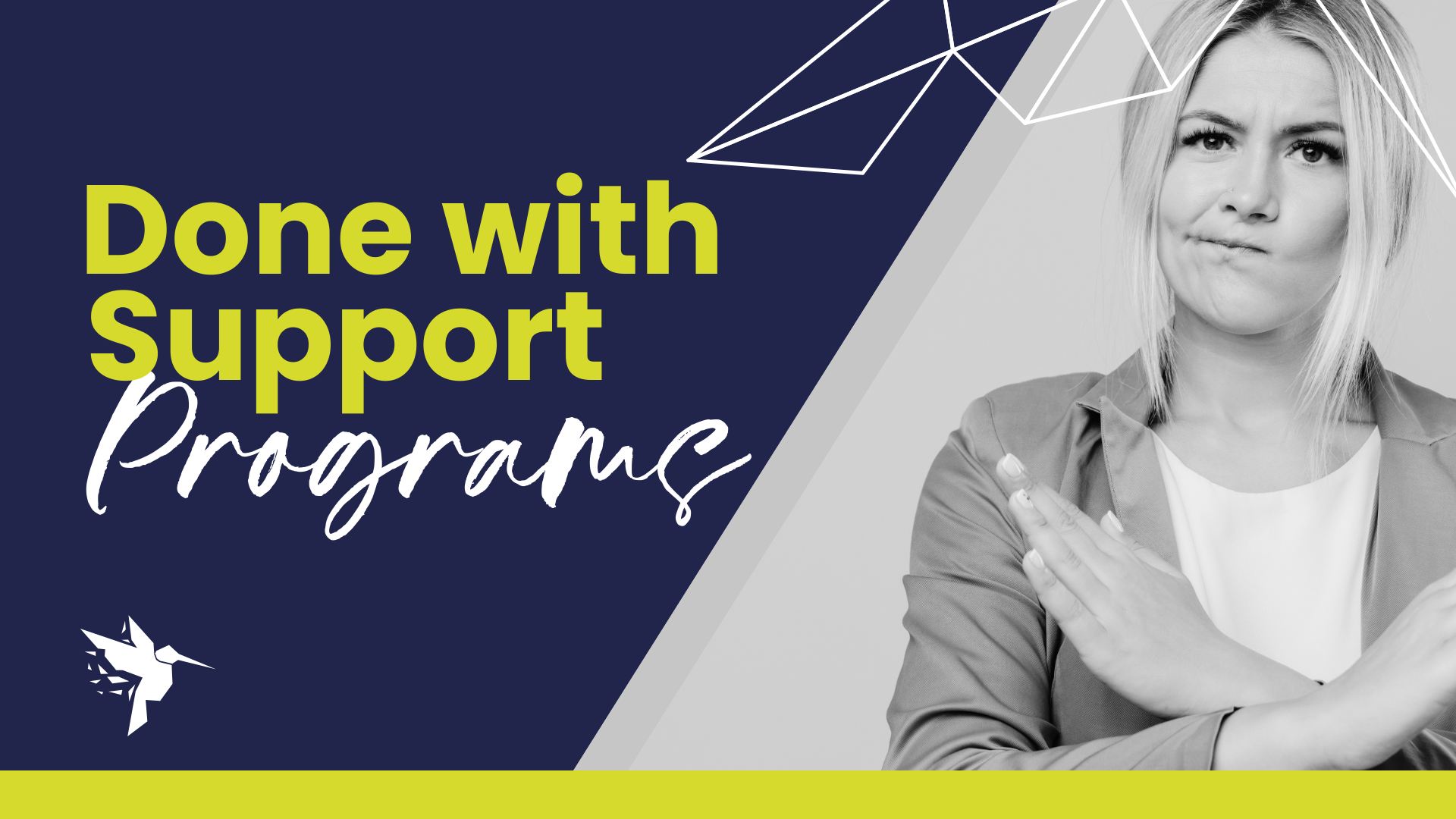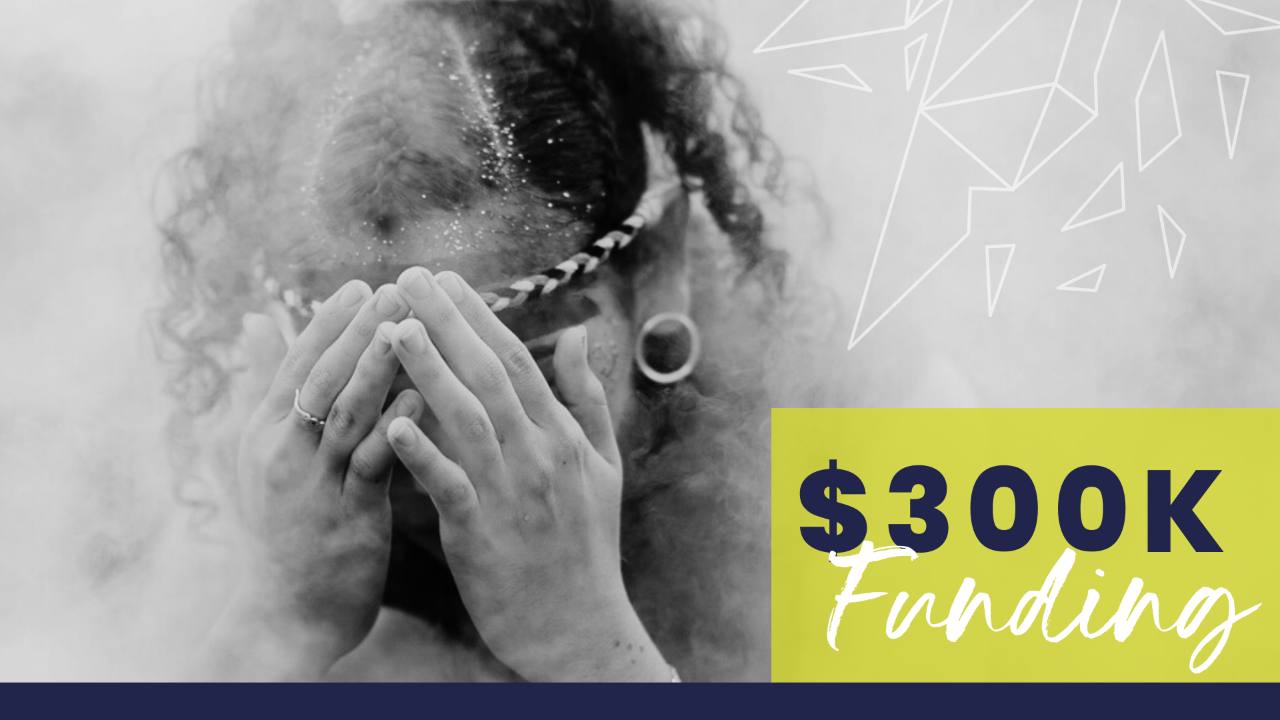$10k for Your Movement
Leveraging the Sunrise Project’s Grant-Making Model
When it comes to tackling climate change, individual organisations can only move the needle so far. Real transformation happens when movements scale - when communities, advocates, and frontline groups join forces.
That’s exactly where The Sunrise Project comes in.
Founded in Sydney and now operating globally, Sunrise is both a campaigning organisation and a funder. Its mission is clear: accelerate the transition away from fossil fuels and toward renewable energy, while embedding justice at the heart of climate action.
What makes Sunrise different is its approach to money. Rather than keeping resources in-house, it redistributes them. In fact, it re-grants around two-thirds of its income to community groups and NGOs working on climate justice.
In 2023 alone, Sunrise entities declared A$129 million in funding - a staggering figure that reflects how quickly the organisation has scaled over the past decade.
How Much Funding is Available?
The Sunrise Project distributes funding at two levels:
-
Movement-wide re-granting: Roughly two-thirds of Sunrise’s global revenue (A$129 million in 2023) is redistributed as grants to NGOs and grassroots groups worldwide.
-
Community Action Fund (Australia): Smaller grants of up to A$10,000 are available to not-for-profit community groups working on renewable energy, fossil fuel campaigns, or ecosystem protection.
This means that while large NGOs and coalitions may receive significant multi-year support, grassroots groups also have accessible entry points, with grants designed to help local campaigns scale their impact.
How Sunrise Funds Change
Sunrise’s grant-making isn’t about small, one-off projects. Its philosophy is to fund movements, not moments.
That means supporting campaigns, advocacy, and grassroots initiatives that:
-
Drive large-scale systemic change
-
Influence government and corporate policy
-
Accelerate the decline of fossil fuels
-
Build community power and resilience
-
Ensure the energy transition is equitable and inclusive
This focus sets Sunrise apart from many traditional grant-makers. Rather than funding “safe” or incremental projects, it backs bold, high-leverage initiatives with the potential to shift entire sectors.
Who Sunrise Funds
Patterns are clear from their recipients:
-
Grassroots community groups organising local campaigns against fossil fuel expansion.
-
NGOs and advocacy organisations focused on policy, regulation, and systemic change.
-
Coalitions and alliances that bring multiple stakeholders together to push for stronger climate action.
-
Justice-focused initiatives ensuring climate solutions address social disadvantage and don’t leave vulnerable groups behind.
If your work sits at the intersection of climate, advocacy, and justice, Sunrise is a potential funder worth knowing.
Who It’s Not For
Sunrise funding is less aligned with:
-
Conventional research projects - unless directly tied to policy advocacy or movement-building.
-
Pure service delivery models without a campaigning or systemic change dimension.
-
For-profit ventures - Sunrise is a philanthropic funder, not an investor.
In short, if your project is more about delivering services quietly in the background than building pressure, shaping policy, or accelerating the energy transition, this may not be the right fit.
What Founders and Leaders Should Know
Even if you don’t plan to apply directly, there are three key lessons to take from Sunrise’s model:
-
Follow the Movement Money
Climate philanthropy is increasingly channelling funding toward systemic change and advocacy rather than isolated projects. This signals where other funders are heading too. -
Partnerships Matter
Sunrise looks for scale. Single-organisation projects are less compelling than alliances and coalitions. If you’re in this space, think about who you can team up with to amplify impact. -
Justice is Non-Negotiable
Every credible climate funder now expects attention to social equity - who benefits, who is left out, and how disadvantage is addressed. This is a through-line in Sunrise’s approach.
Application Pathways
One challenge with Sunrise is that its grant processes are not always transparent in the way government grants are. Instead of open rounds with detailed criteria, funding often flows through networks, relationships, and strategic partnerships.
That doesn’t mean you’re locked out - but it does mean you need to:
-
Stay connected to climate philanthropy networks (e.g. Groundswell Giving, Climate Action Network).
-
Track Sunrise’s campaigns and priorities to align your work.
-
Approach potential coalition partners who already receive funding to explore collaborations.
If your work clearly aligns, reaching out directly to their grants team is also worthwhile.
Why This Matters for Our Community
The Sunrise Project highlights a bigger shift: funding for movements is becoming as important as funding for organisations. For female founders, social entrepreneurs, and impact-driven leaders, this is a reminder that funders are backing scale, systems, and strategy - not just ideas.
If you’re working in climate or social justice, studying Sunrise’s model is a powerful way to understand where big philanthropy is heading.
Final Thought
The fight against climate change won’t be won by isolated players. It will be won by movements - bold, diverse, justice-focused, and unstoppable.
That’s the bet The Sunrise Project is making with its grant-making. The question for founders and leaders in our community is this: how does your work fit into the bigger picture of systemic change?
Because that’s where the funding - and the future - is heading.
Author Bio
Lisa Erhart works with founders and changemakers to secure funding that drives systemic impact. Learn more at Funding4Growth.




Responses